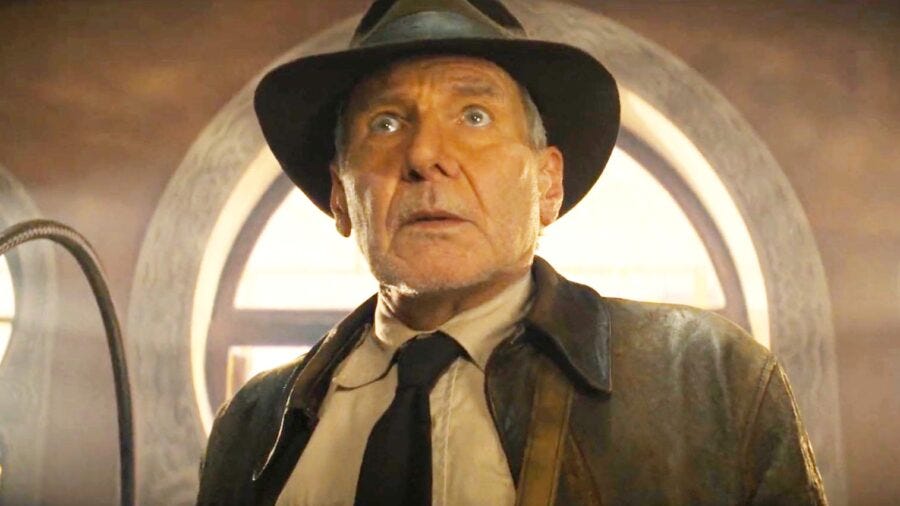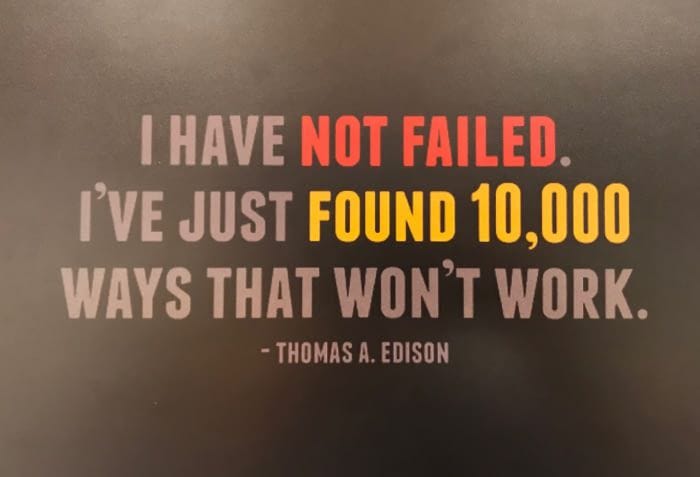Public Self-Reflection
The Honeybee & The Owl - Issue 4
One of the most valuable lessons I’ve learned as a leader is the power of self-reflection—especially when it happens in front of your team. In the early planning of SporcleCon 2024, I was adamant that offering payment plans for SporcleCon would be a game-changer. If it worked for major festivals like Bonnaroo and Coachella, it would surely work for us, right? A few members of the SporcleCon team gently suggested it might be unnecessary, but I pushed ahead. I wanted to try it. I wasn’t afraid to take the risk.
It sold three tickets. Yep, three. It was a bigger dud than Indiana Jones and the Dial of Destiny.
Now, I could have easily swept that under the rug during discussions about ticket sales, but I didn’t. Instead, I’ve used it as a chance to poke fun at myself in front of the team, even a year later. Why? Because I believe it’s important to show that taking risks and making mistakes is part of the process. The point is to create an environment where experimenting and learning from failure is encouraged.
Fast forward to the last couple of weeks, when we began our initial discussions about ticket structures for SporcleCon 2025. Our new mantra? Less is more. We realized that having 12 (!!!) different types of tickets for 2024 was overwhelming and confusing. In our attempt to cater to everyone, we ended up making it harder for people to decide. So, during one of our meetings, I jokingly told the team, “The thing I think we really need for 2025 is payment plan tickets again… whoever came up with that idea last year was brilliant.”
Of course, everyone knew that was my idea and how well it didn’t work. But by making fun of myself, I’m sending a clear message: it’s okay to fail, and it’s important to reflect on those failures openly. I want the team to see that mistakes aren’t something to be hidden or ignored. They’re part of growth, and sometimes, the team's gut feeling is more accurate than my own hunches.
Self-reflection, especially in front of your team, has the power to build trust. It shows them that even in leadership, mistakes happen—and it’s not about getting it right every time. It’s about learning from those mistakes, moving forward, and creating an environment where everyone feels comfortable trying something new. And more so, an environment where they all can (and should) poke fun at me.
The key takeaway? Don’t be afraid to believe in your ideas, even when they don’t work out. And when they don’t, don’t shy away from openly admitting it. By doing so, you not only grow as a leader but also build a culture where the team feels empowered to take risks, make mistakes, and ultimately, find the right path forward.
Thanks for reading and remember to Stay Curious!
Mark



